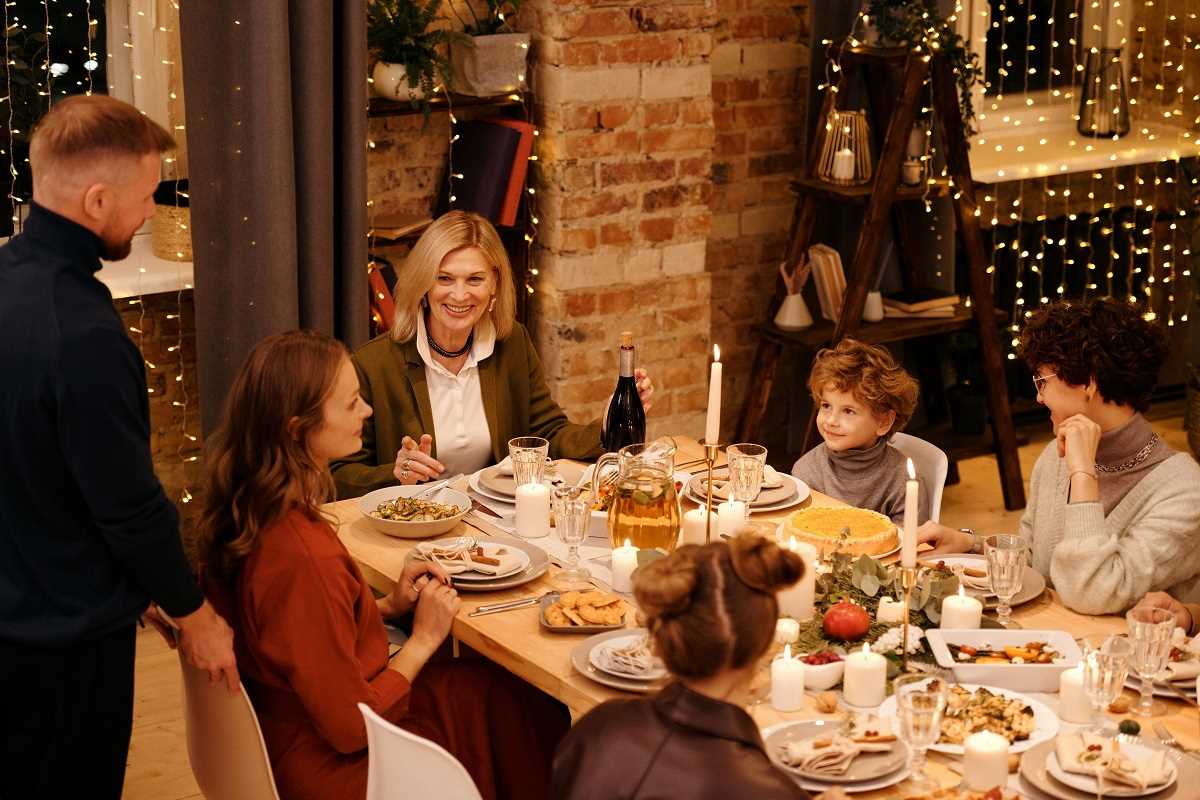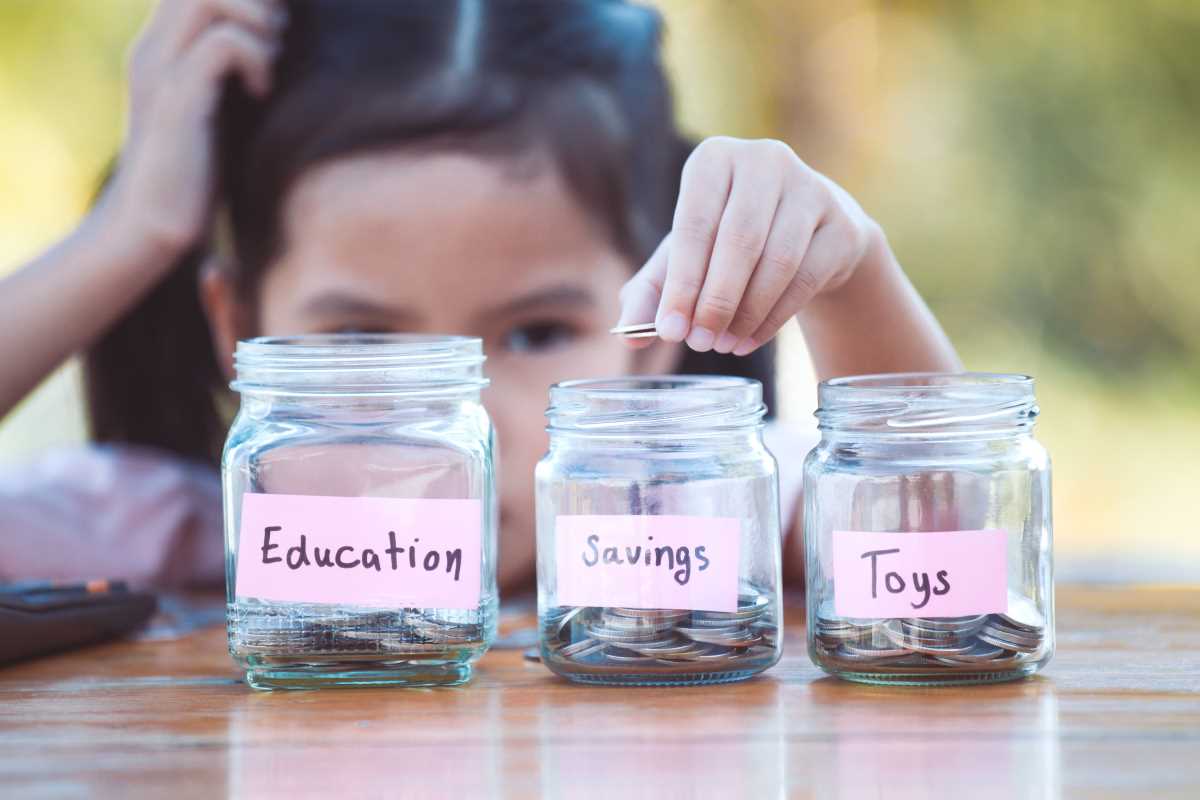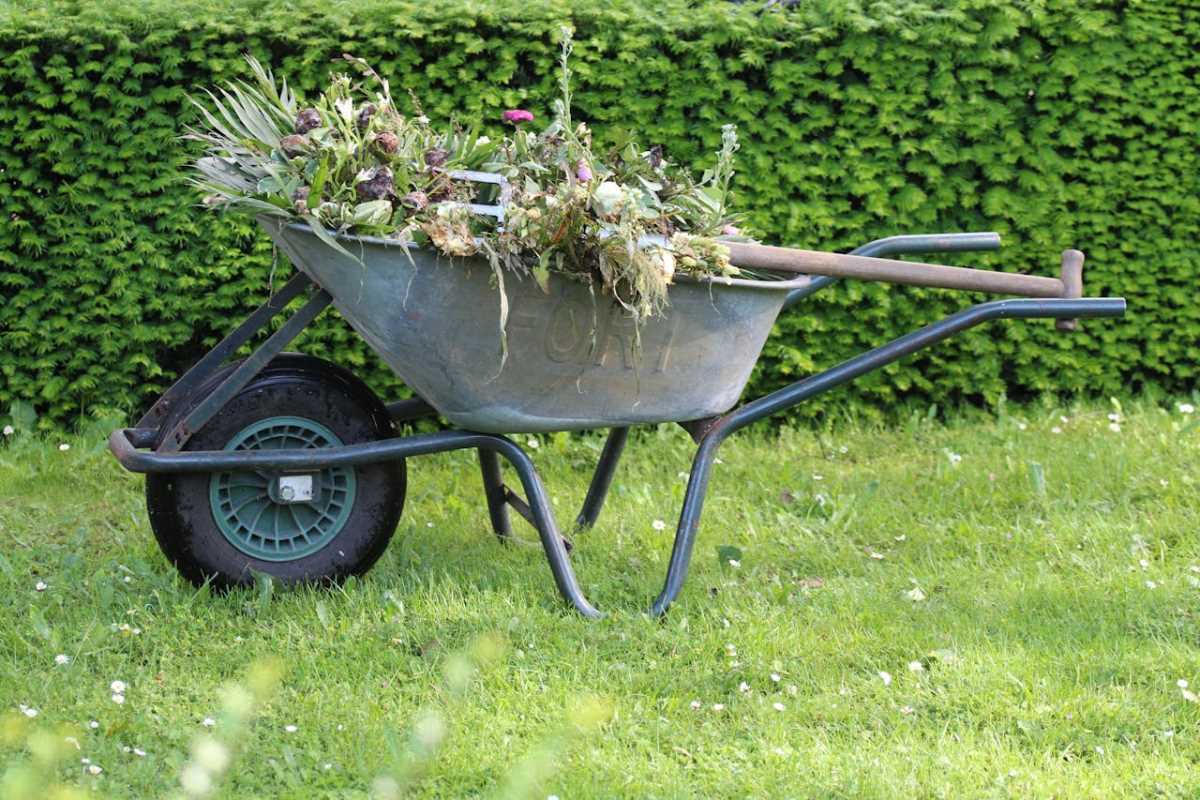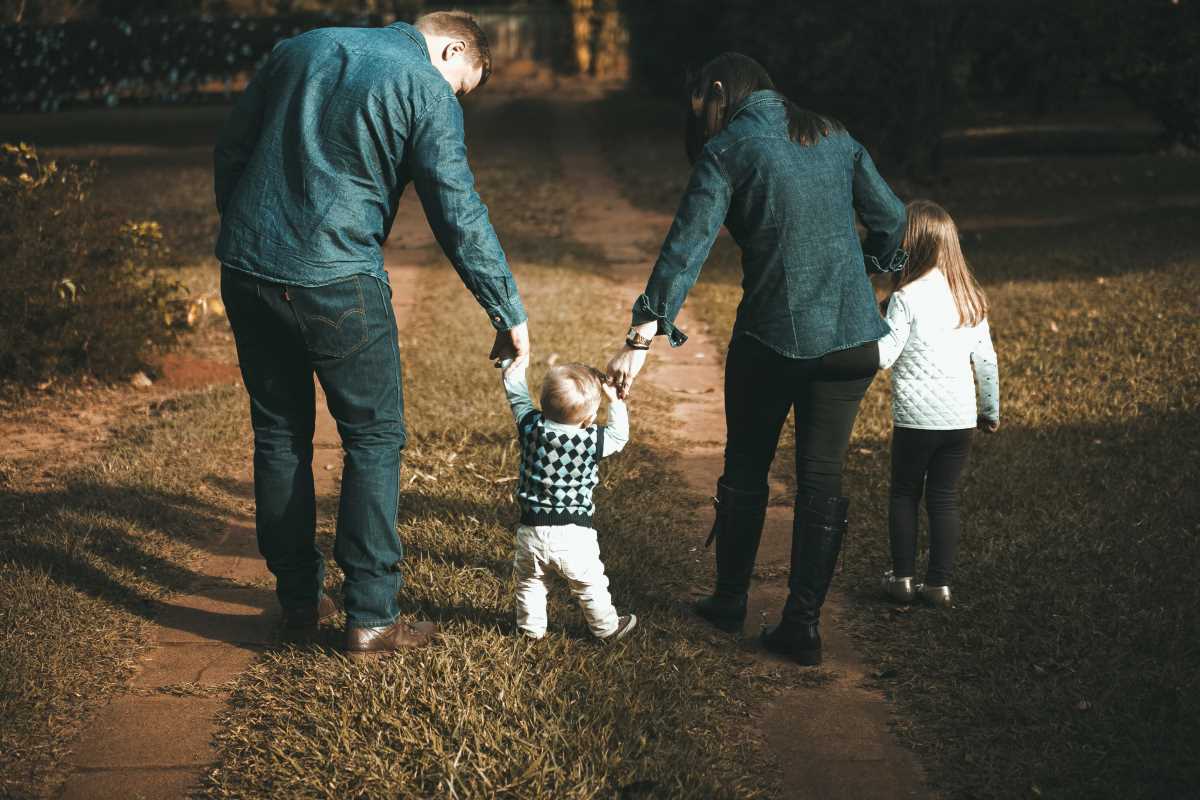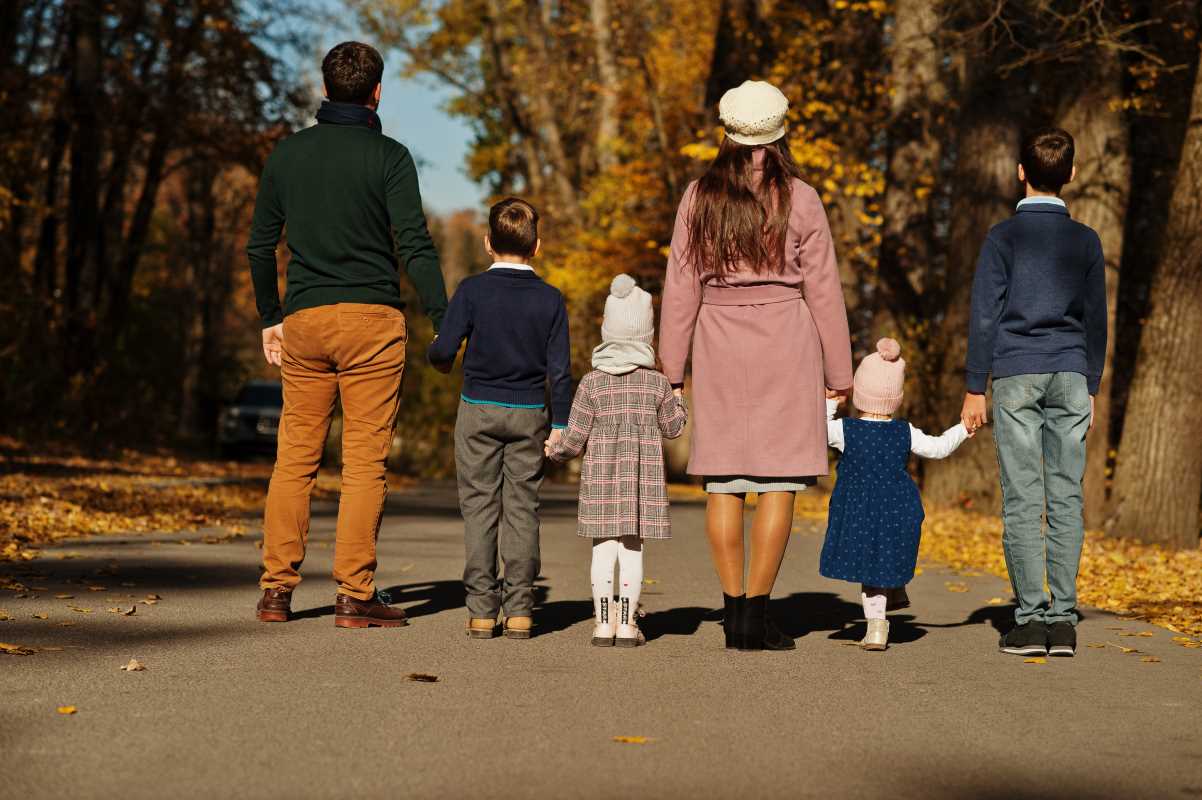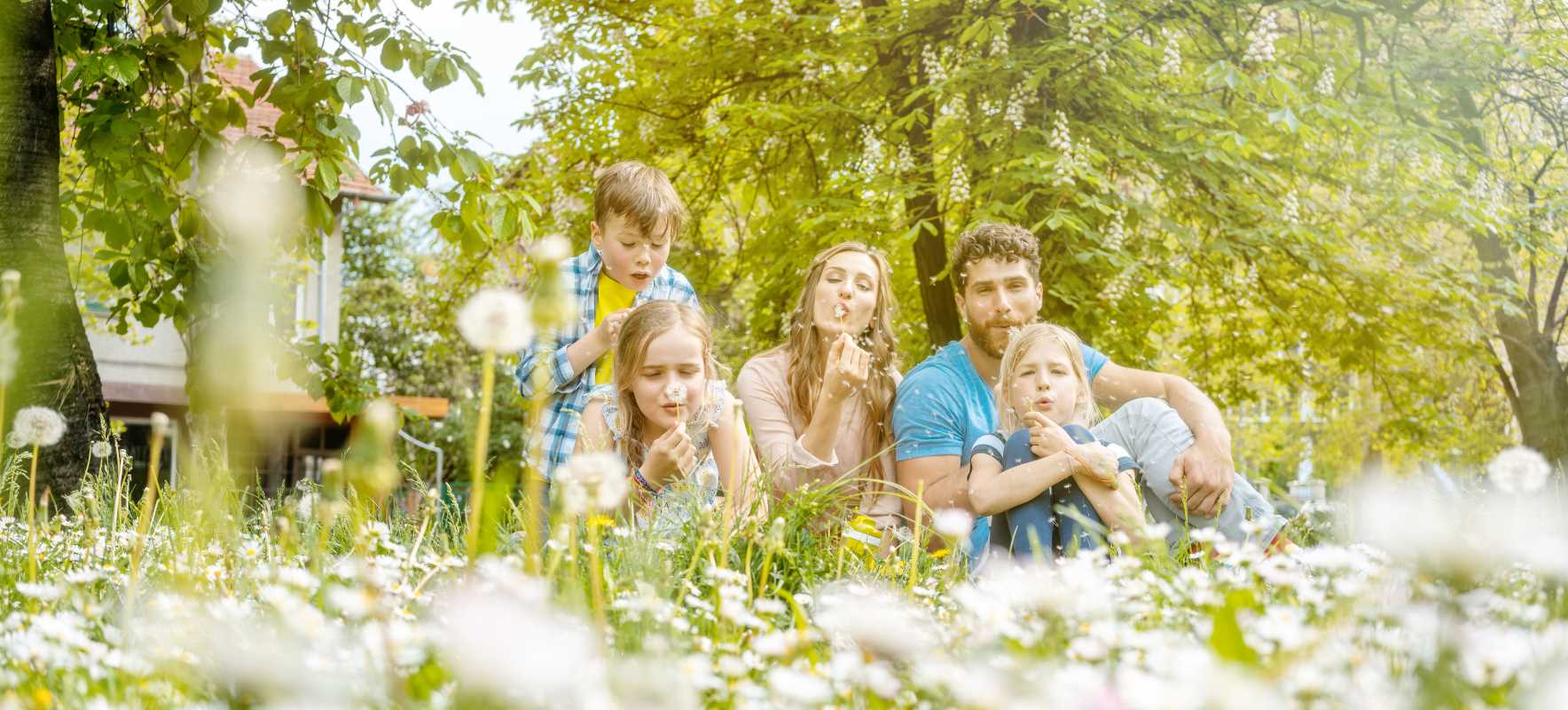Teaching kids about recycling isn’t just about sorting paper from plastic. It’s about helping them understand how their actions today can impact the planet tomorrow. For parents, this can seem like a big task. But the good news is, kids are naturally curious and eager to learn. With the right approach, you can tap into their curiosity and make the idea of recycling fun, meaningful, and a habit they’ll carry into adulthood. We'll give you simple, practical ways to start these conversations and turn everyday moments into teachable ones. Together, you can build environmentally friendly habits while helping your child feel like they’re making a difference.
Start With the Basics
Before kids can truly understand recycling, they need to know what it is. Simply put, recycling means taking things we’ve used, like paper, plastic, or metal, and turning them into something new instead of throwing them away. Explain that when trash piles up in landfills, it harms the planet and wastes resources. By recycling, we give those materials a second life and reduce the waste we create.
One way to make this concept tangible is with something your kids are familiar with. For example, show them how a cereal box can be recycled and turned into new paper products, or how aluminum cans can be melted down and made into a new can. Framing recycling as a kind of "transformation magic" can make the topic exciting.
Lead by Example
Kids learn a lot by watching you. If they see you taking recycling seriously, they’re more likely to follow suit. Create a routine as a family. For instance, label bins in your home for paper, plastic, and glass, and involve your kids in sorting items after meals or when unpacking groceries.
Take it a step further by talking to them about your actions. For example, "We're buying this milk in a glass bottle because it’s recyclable," or, "I’m using a reusable bag instead of plastic." These small comments reinforce the ‘why’ behind your choices and show that living sustainably is a priority for your family.
Make Recycling Fun
Turning recycling into a game can engage kids and keep their interest. Create friendly challenges like, "Who can spot the most items to recycle this week?" or, "How much can we shrink our trash bag with recycling?" Celebrate their efforts, whether it’s a sticker chart or choosing a small reward like letting them pick dessert.
Another idea is to craft something with recyclables. Empty cardboard boxes can become robot costumes, old glass jars can be decorated and reused as storage, and plastic bottles can turn into bird feeders. These activities not only give new life to materials but also spark creativity while reinforcing the recycling lesson.
Teach the Environmental Impact
Helping kids understand the bigger picture can be powerful for older children and teens. Break it down into digestible pieces. Share how recycling saves resources like trees, water, and energy. Explain that every time we recycle, we help protect natural habitats and reduce the pollution caused by creating new materials.
For instance, you can explain, “Recycling one aluminum can saves enough energy to power a TV for three hours.” You might even watch a short video together about landfills or the ocean’s plastic problem to drive the point home. Just be sure to balance hard facts with solutions so it feels empowering instead of overwhelming.
Get Them Outdoors
Connecting kids with nature can be one of the strongest motivators for recycling. When children see the beauty of a clean park or the joy of spotting wildlife, they’re more likely to want to protect it. Plan family outings to a local nature trail, beach, or forest. Talk about how recycling helps preserve these places.
You can also pair these adventures with a positive eco-action, like a family cleanup day. Give everyone gloves and a trash bag to pick up litter together. This hands-on activity demonstrates the impact of waste and fosters a sense of responsibility.
Discuss Reuse and Reduce, Too
Recycling is just one part of being eco-conscious. Teaching kids to reduce waste and reuse items is just as important. For example, encourage them to donate toys and clothes they’ve outgrown instead of throwing them away. Show them how switching to reusable water bottles or lunch boxes cuts down on waste.
You can even challenge them to get creative with reusing. Have them brainstorm ways to use things around the house. An empty jar could become a vase, or an old T-shirt might find new life as a cleaning rag. These lessons teach them that sometimes, the best way to recycle is not to throw something away at all.
Make It a Family Mission
When teaching kids about recycling, it helps to set family goals together. Start small, like committing to recycling all paper products this month, or using no single-use plastic bags for the next two weeks. Setting goals provides a clear focus and makes sustainable living feel like a team effort.
You can also explore broader eco-friendly habits as a family. Try composting food scraps, planting a tree, or shopping at thrift stores. These actions reinforce the idea that caring for the environment goes beyond recycling.
Celebrate Their Progress
Kids love recognition. Make a point to celebrate when they recycle correctly or complete a family eco-challenge. You might say, "Because we recycled so many cans this month, we kept a lot of waste out of the landfill,” or, "Thanks for using your reusable bottle this week because that’s fewer plastic bottles in the ocean!"
Positive reinforcement not only makes kids feel good but also encourages them to stick with their eco-conscious habits.
Empower Them to Spread the Word
Once your kids understand the importance of recycling, encourage them to share what they’ve learned with others. They might want to talk to friends, create a poster for school, or remind family members to recycle. This confidence in their knowledge solidifies what they’ve learned and inspires others at the same time.
Teaching kids about the importance of recycling doesn’t have to be a one-time lesson. It’s a continuous conversation that evolves as they grow. Even small steps today can lead to big changes tomorrow. Together, you and your kids can make a positive impact, one recycled item at a time.
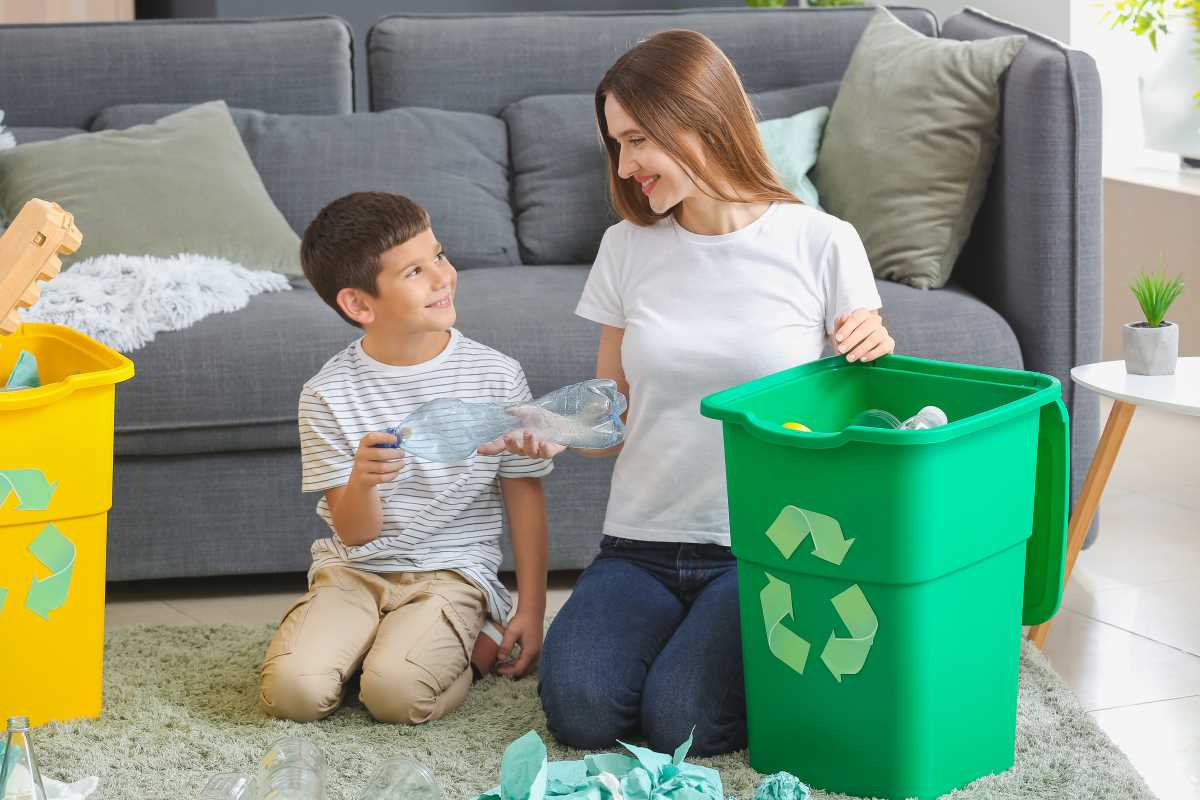 (Image via
(Image via